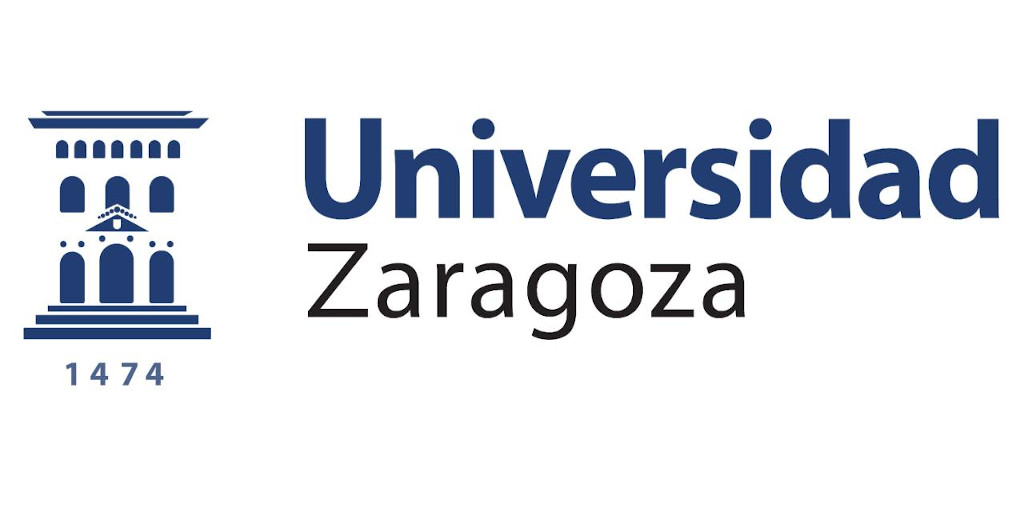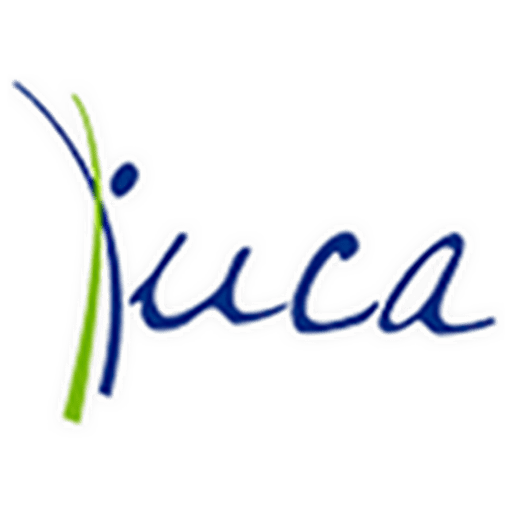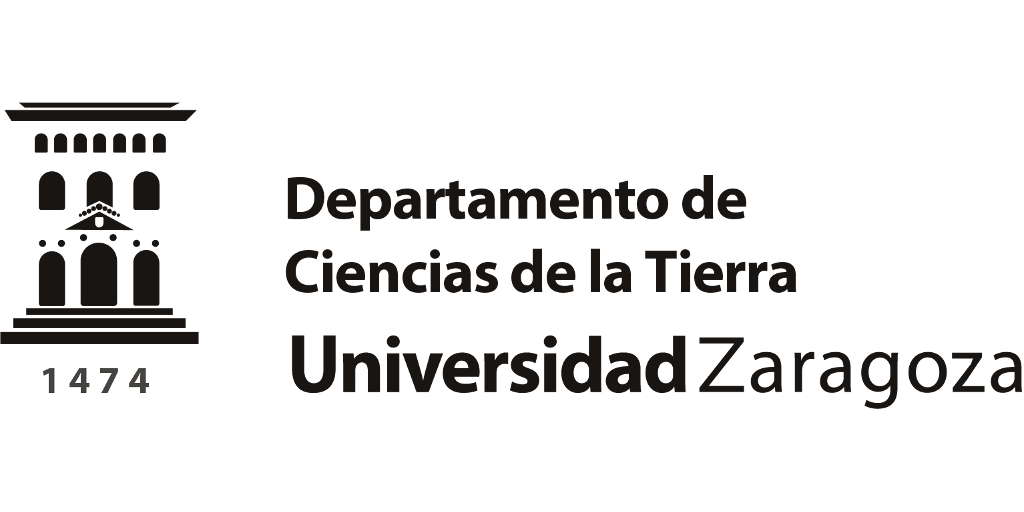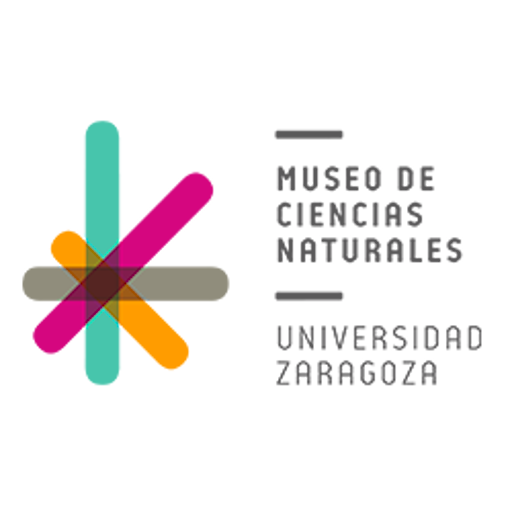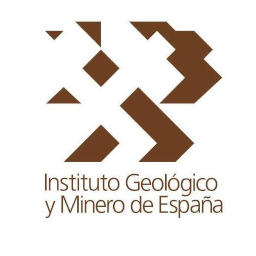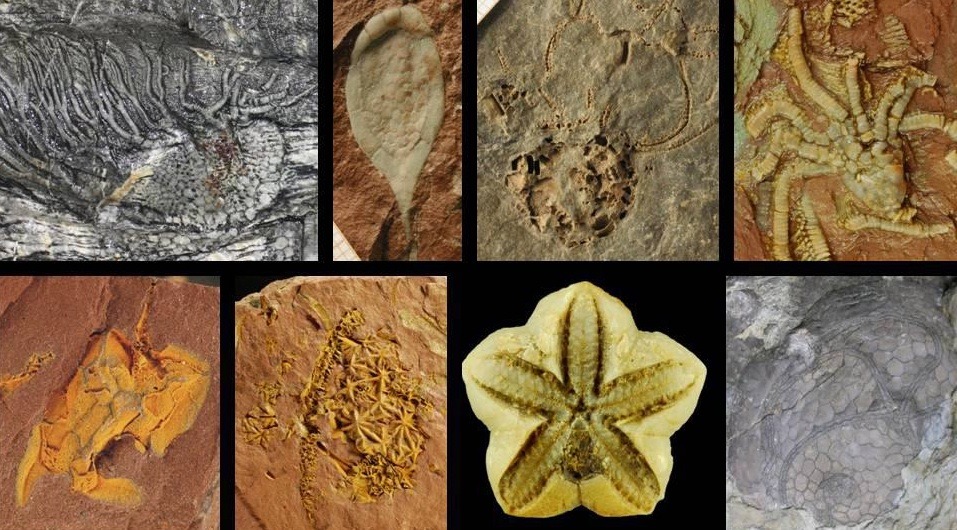We are pleased to announce a Palaeozoic Echinoderm Conference that will
take place in Zaragoza, Spain in June 2015. This conference will also
celebrate the career of our colleague and friend Dr. Andrew Smith, a
world-renowned specialist in echinoderms who retired in late 2012.
Andrew spent the majority of his career at the Natural History Museum of London (1982–2012), where he carried out remarkable research on a diverse range of topics, including echinoid taxonomy, Phanerozoic marine diversity and primitive echinoderms.
The conference will be focused on Palaeozoic echinoderm communities, a major area of interest for Andrew. Contributed presentations will review the current state of knowledge for a range of groups, highlighting recent advances, but more importantly identifying topics of uncertainty and possible future research paths. Andrew will provide a plenary talk about the earliest steps of echinoderm evolution. In addition, there will be short workshops on Spanish fossil material and new analytical techniques for studying early echinoderms (e.g. tomography, computer modelling and 3-D printing). Finally, there will be a field trip to visit several important Palaeozoic outcrops in northern Spain, which have yielded a wide variety of fossil echinoderms.
The presentations and workshops will take place in Zaragoza. The field trip will take place close to Zaragoza (Iberian Chains) and in the north western part of Spain, between the cities of León and Oviedo (Cantabrian Mountains). Details of the field trip will be provided in the second circular, but we propose to visit Cambrian, Ordovician, Silurian and Devonian outcrops.
If you want to keep receiving information about the meeting let us know, please. For general questions about the meeting or scientific sessions, please contact Samuel Zamora (s.zamora@igme.es).
Andrew spent the majority of his career at the Natural History Museum of London (1982–2012), where he carried out remarkable research on a diverse range of topics, including echinoid taxonomy, Phanerozoic marine diversity and primitive echinoderms.
The conference will be focused on Palaeozoic echinoderm communities, a major area of interest for Andrew. Contributed presentations will review the current state of knowledge for a range of groups, highlighting recent advances, but more importantly identifying topics of uncertainty and possible future research paths. Andrew will provide a plenary talk about the earliest steps of echinoderm evolution. In addition, there will be short workshops on Spanish fossil material and new analytical techniques for studying early echinoderms (e.g. tomography, computer modelling and 3-D printing). Finally, there will be a field trip to visit several important Palaeozoic outcrops in northern Spain, which have yielded a wide variety of fossil echinoderms.
The presentations and workshops will take place in Zaragoza. The field trip will take place close to Zaragoza (Iberian Chains) and in the north western part of Spain, between the cities of León and Oviedo (Cantabrian Mountains). Details of the field trip will be provided in the second circular, but we propose to visit Cambrian, Ordovician, Silurian and Devonian outcrops.
If you want to keep receiving information about the meeting let us know, please. For general questions about the meeting or scientific sessions, please contact Samuel Zamora (s.zamora@igme.es).
LUGAR Zaragoza, España
[Descarga el PDF relacionado]
